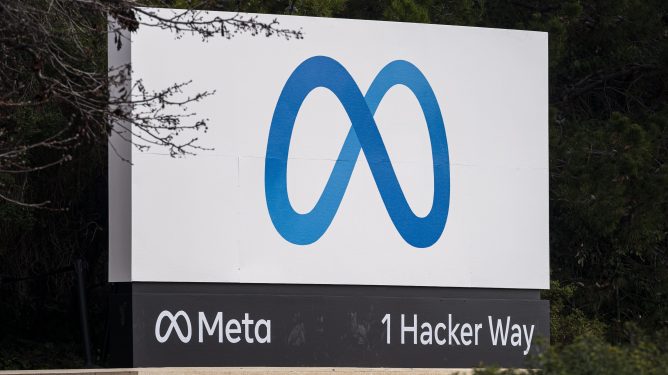In a significant move, Meta has filed an appeal against the Kenyan court’s decision declaring it as the primary employer of content moderators working on its platforms in sub-Saharan Africa. This development comes after 184 moderators sued Meta and its content review partner, Sama, for alleged unlawful termination of contracts.
Background to the Court Decision
The Employment and Labor Relations Court made a ruling last week that Meta was the primary and principal employer of the moderators, while Sama was merely an agent outsourced to oversee their work. The court based its decision on the fact that the services offered by the moderators pertained to Meta, were done using its technology, and adhered to its performance and accuracy metrics.
Key Points from the Court Decision
- The court ruled that the job of content moderation is available and ordered the extension of contracts for the moderators.
- The court directed Meta and Sama not to lay off the moderators pending the final determination of the case.
- The court also ordered Meta and Sama to provide medical, psychiatric, and psychological care to the moderators in place of wellness counseling.
Meta’s Response to the Court Decision
In documents filed before the court, seen by TechCrunch, Meta argues that the court had erred by extending contracts that had expired. Meta also claims that the court overstepped its jurisdiction by ordering it to regularize the immigration status of moderators and requiring it to provide them with medical care.
The Case Against Sama
Sama laid off 260 moderators after dropping Meta’s contract and content review services to concentrate on labeling work (computer vision data annotation). The moderators allege that Sama fired them illegally, failing to issue redundancy notices as required by Kenyan law. They also claim that their terminal dues were pegged on signing non-disclosure documents.
Meta’s History with Labor Issues in Kenya
This is the third suit Meta has faced in Kenya. Daniel Motaung, a South African, sued the company last year claiming labor and human trafficking, unfair labor relations, union busting, and failure to provide adequate mental health and psychosocial support. Ethiopians have also sued Meta over claims that it failed to employ enough safety measures on Facebook, which fueled conflicts leading to deaths during the Tigray War.
Conclusion
The appeal by Meta is a significant development in this ongoing case. The court’s decision has far-reaching implications for content moderation practices in Africa and highlights the complexities of labor laws in the region.
Related Topics
About the Author
Annie Njanja is a reporter covering startups and tech news in Africa for TechCrunch. She has experience in technology, business, and health reporting and has written for multiple outlets including the Thomson Reuters Foundation and East Africa’s Business Daily.
Subscribe to Our Newsletters
Stay up-to-date with the latest tech news by subscribing to our newsletters:




